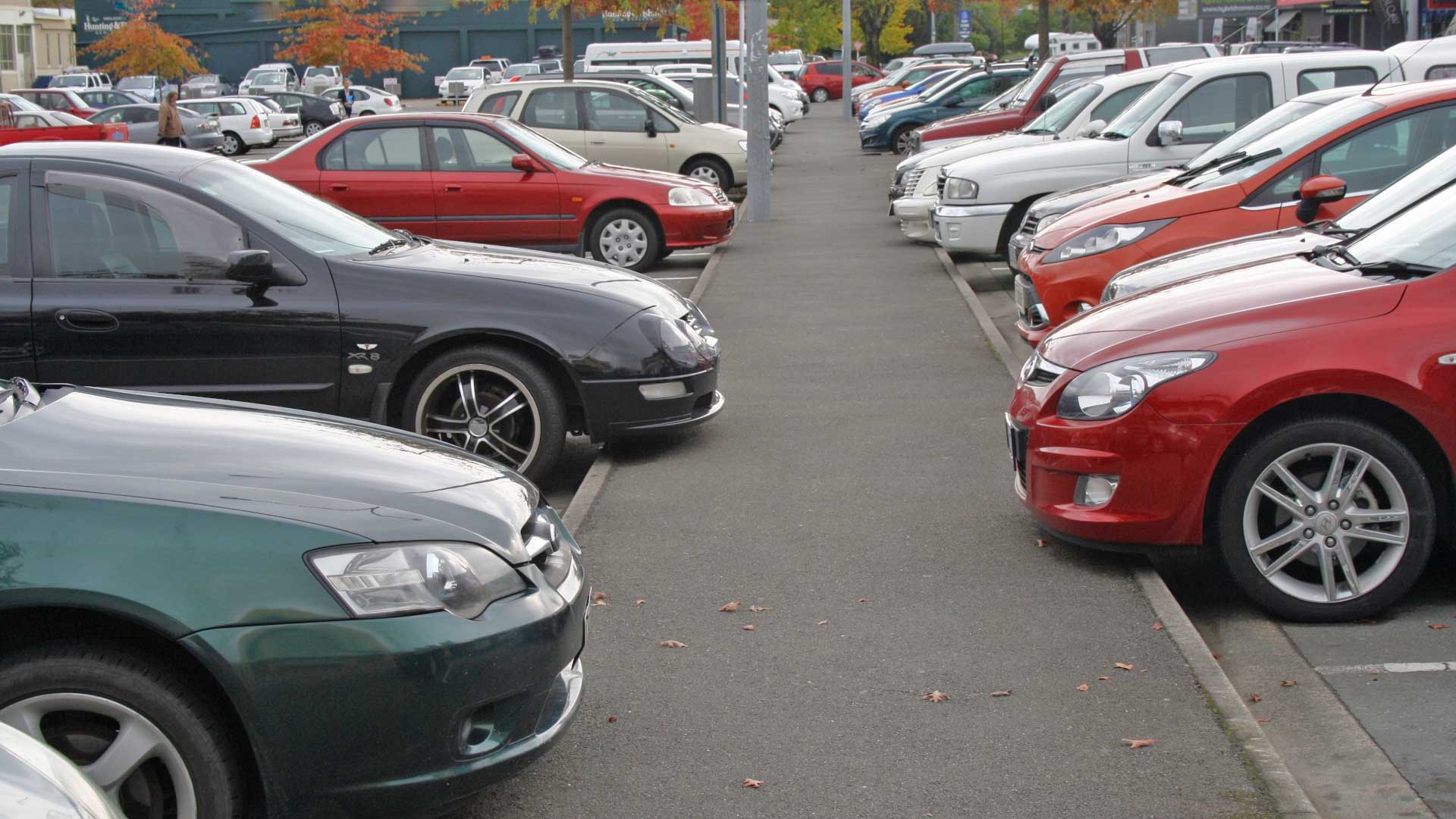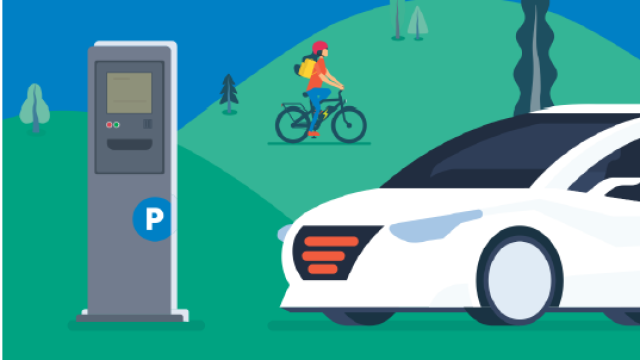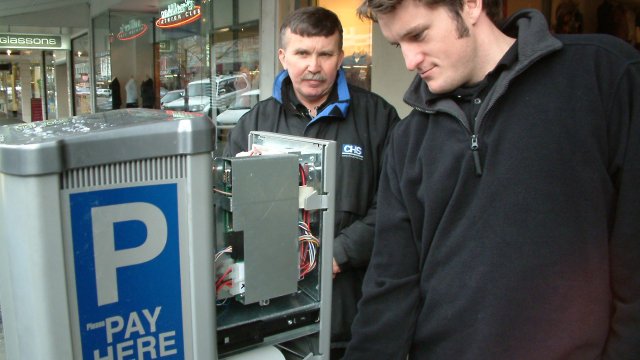Consultation approved for new traffic and parking bylaw
27/04/2023 10:50am
Nelson City Council approved a month-long consultation period for a replacement of the Traffic and Parking Bylaw at a Council meeting on 13 April.
The current Traffic and Parking Bylaw runs out in October, and a new bylaw is required to ensure Council can continue to manage vehicular activities on streets, reserves and in car parks.
The new bylaw largely retains provisions from the current Parking and Vehicle Control Bylaw, but we are seeking feedback from the public on some amendments and additions that either clarify the rules or reflect the changing nature of the way people interact with their streets.
Group Manager Infrastructure Alec Louverdis says the traffic and parking bylaw is an important tool used by Council to regulate activities within our city.
“At the heart of the bylaw, and the amendments we are considering, is the need to ensure we have a mechanism in place that allows Council to make changes to our roads and parking spaces in a way that is fair to everyone in our community. The intention is not to stop people from being able to park near their homes, or in the city centre, but to ensure that the way we manage parking keeps parking turnover high, reduces nuisance and anti-social behaviour, and doesn’t add to the road and services maintenance we need to carry out each year.”
Full details of the new Traffic and Parking Bylaw will be available at nelson.govt.nz from 2 May, when the consultation opens to the public.
Highlighted changes:
Clarification of parking zones to stop reparking within 30 minutes
In time restricted parking areas that are not covered by a parking meter, it is currently too easy for drivers to park for the allotted time and then move to a different car park close by. This practice has a negative effect on parking turnover, which can see retailers suffer as a result as customers struggle to find a park.
By creating a parking zone within which reparking is only possible after 30 minutes, we can improve enforcement for maximum time limits. It was felt that 30 minutes struck a balance between keeping spaces available and allowing people to return in a reasonable amount of time.
It’s in everyone’s interest for maximum parking times to be enforced as this is what ensures there is always capacity to park throughout Nelson.
Parking on berms
The current default position in the city is that it is permissible to park on the berm unless signage says otherwise. We are seeking feedback on reversing this default so it is not permissible unless a sign says otherwise. This would bring Nelson in line with many other places in New Zealand.
Although we don’t get a huge number of complaints about parking on berms, parking on the berm can create quite a few different problems. When people park on the berm on this street, especially in winter, it can end up leaving berms uneven, muddy and messy.
The practice can also damage the kerb when vehicles drive over them (especially heavier vehicles), and over time this can contribute to cracked and rutted footpaths that allow water to damage underlying layers. In addition, there are also utilities underneath our berms and we tend to see things like broken service lids, particularly plastic water meter boxes.
Parking motorhomes and heavy vehicles on streets long-term
People storing vehicles that either cannot move or are rarely moved on a public street severely restricts available parking for residents and can reduce safety as larger vehicles can obstruct sightlines. When people complain to us about this, at the moment, Council does not have any provision in the current bylaw to address the issue and this change to the bylaw will allow better management of vehicles that have become a nuisance. The street is not a long-term storage place for vehicles.
Once the period of consultation is over and a new bylaw is adopted it should be stressed that Council will initially take an educational approach with any new rules.
“We want to make sure people are aware of all the rules especially around berms and motorhomes before they are enforced,” says Group Manager Louverdis. “Parking enforcement officers will be talking to the public where rules have been broken to find amicable solutions. Parking rules are not about generating revenue but ensuring that our public roads are managed efficiently for all users. Anything we do change after the bylaw is passed will be consulted on in a case-by-case basis.”



